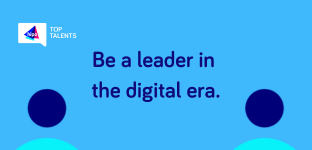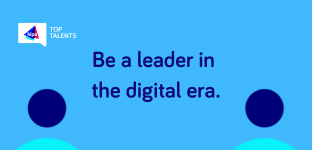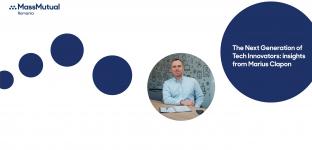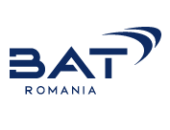
‘Business’ Advisory – not only for ‘business’ graduates
Little did I know 10 years ago, as I started my university studies, that my professional career will shift from plain and pure engineering, towards business consulting. And it wasn’t at all opportunistic.
Going back to that moment in 2003, I was to a certain degree convinced my career would evolve around engineering, having thrown some salt and pepper here and there, in the sense that I’ve chosen to go for a mixed specialization (which included some finance-oriented classes) and also by choosing a study programme thought in German language.
During university years, my thoughts regarding my future career shifted a bit, when I realized I wouldn’t be fully satisfied going up the typical engineering career-ladder, doing more or less the same things over the years, or at least being exposed to a particular domain and missing out on the big picture (at least in the first 5 to 10 years).
During the final years of study, business consultancy fit in the picture quite naturally, since on one side, it had the potential of offering me the much sought of rapid exposure to different businesses from very different industries, and secondly, as it coincided with the big consultancies’ shift in recruiting, from graduates with business and finance backgrounds to students having majors in ‘exact sciences’ (engineers, statisticians, mathematicians, etc.).
In this landscape, EY managed to showcase the best all-round offering to suit my needs: diverse and challenging work-areas, clear and transparent career prospects, together with solid opportunities for development. However, the most attractive factor was the overwhelming exposure a consultancy firm can give to a young graduate, in my particular case, in areas I haven even considered before joining (how about Business Continuity and Resiliency Planning? – looking and preventing the most and least probable events that could shut down a business)
As I started, and for the entire duration of my junior years, I was prepared to be solely be responsible for the very important task of producing high quality ‘photocopies’ or for aligning bullet points on PowerPoint slides, while being under constant pressure from my supervisors and older colleagues. The real picture came forth quite rapidly, as I found myself in the position that after 2-3 months with the firm, I’ve been given entire chunks of projects to be responsible for.
This autonomy and trust I’ve been granted with, by managers and partners, suited my profile very well, as I was encouraged to take direct responsibility for my actions and, as I mentioned earlier, to explore different areas in a lot of unrelated industries and domains.
In 4 years, as a EY Business Advisor, I did IT Audits, assisted in the design of electronic invoicing and archiving systems, took part in the development of disaster recovery plans, checked compliance with various legislative provisions, studied the possibility of implementing shared service centers, reviewed personnel policies and organizational models for large multi-national companies. In parallel, I’ve been involved in performing public policy evaluation studies and capacity building engagements for public sector clients (various ministries, state authorities and regulatory bodies).
In a nutshell, EY gave me the possibility to take part in many very different projects, across a wide range of industries (from banking, to energy, oil and gas, manufacturing, etc.).
As an engineer, my added value consisted in the fact that I was able to tackle and lead various initiatives from a very analytical and technical the point of view. Even though the projects we deliver more often than not don’t include a technical component, my background allows me to look at things from a totally different angle – understanding what the client does, while being comfortable with the industry’s constraints and technical environment surely helps in delivering more tailored and professional services.
As for the future, all the above mentioned bits of experience contributed and will contribute to the idea that I’m developing my skills and experience much faster compared peers working in other industries. As it happens, and as I’ll be faced with new challenges and opportunities on a regular basis, I will definitely continue to be part of the EY team for the long foreseeable future.








.jpg)










